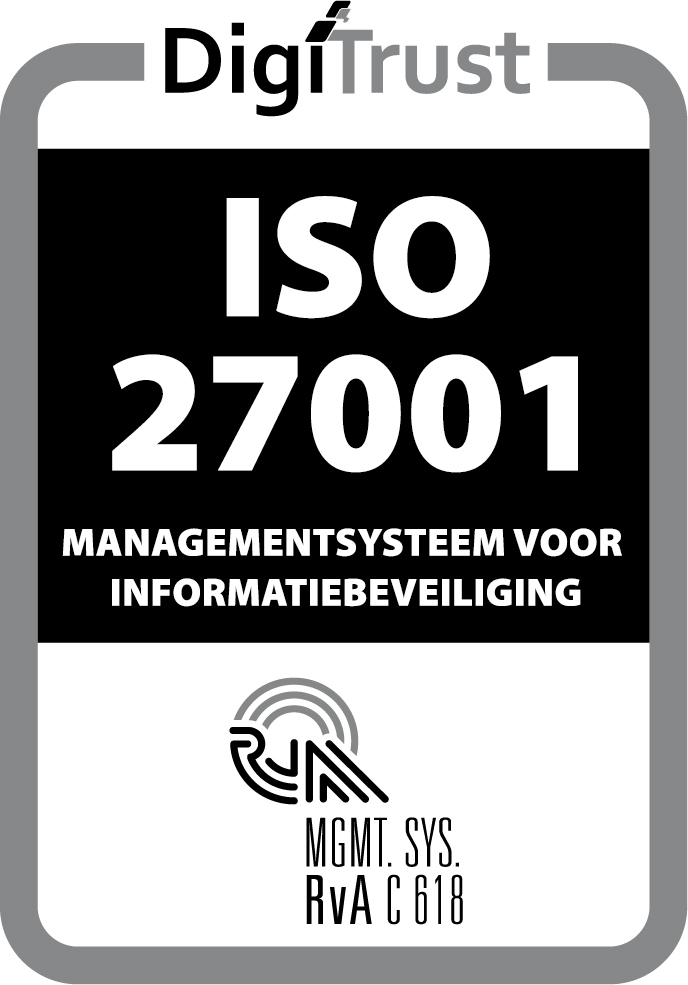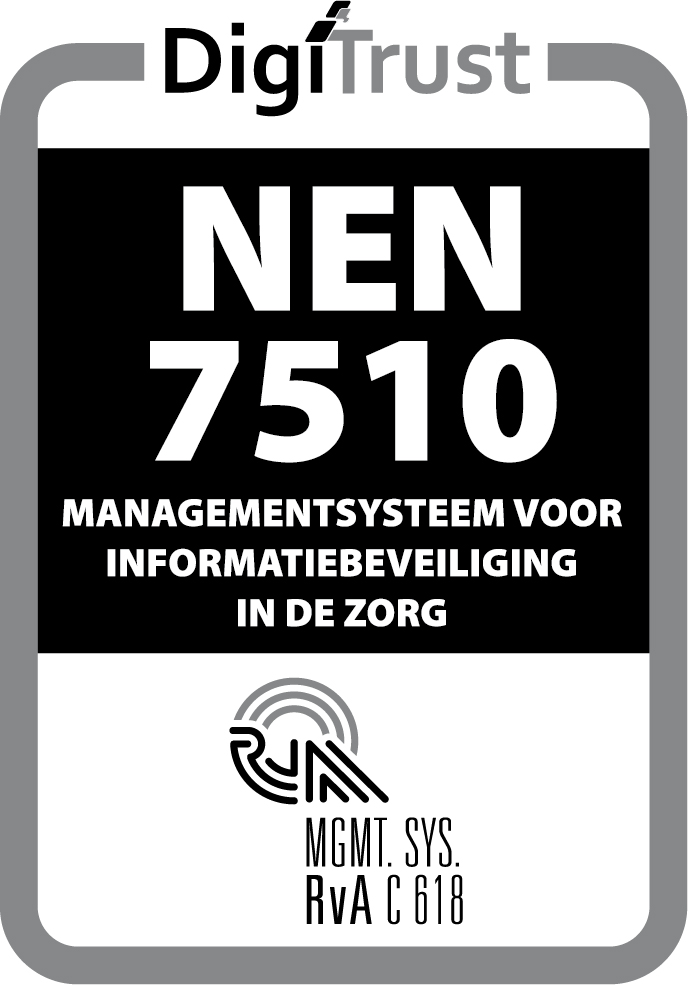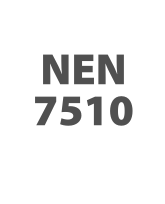In traditional mental health care, it is common for a professional to see the client once every week or two weeks. They have relatively little contact with each other in between these sessions. As a result, professionals are often not aware of how their clients are doing between sessions, whether they are actively engaged in the treatment and whether they are encountering any problems. By having more frequent contact with clients, for example via chat, professionals do gain these insights. They can, for example, guide clients when they see that assignments have not yet been made and support them when necessary. Within NiceDay you make use of flexible time for these contact moments in between sessions.
Why have this much contact?
Contact in between sessions gives therapists a lot of insight into the lives of their clients, but it also increases the treatment effect; regular contact strengthens clients’ motivation. They are reminded of the treatment between sessions and receive encouragement from their professionals. This also has a positive effect on the therapeutic relationship; clients report that they like the feeling that someone is always there for them, even outside the sessions, and that they don’t have to do it all alone.
When things are not going well with them, they can send a message or request a short video call with their therapist. Just having the idea that they can send a message to their professional often contributes to recovery. In addition, it also encourages them to take responsibility for themselves, by indicating what they need from their therapist when it matters.
How often do you have contact?
“But aren’t you busy all day keeping up with all the contact with clients?”. A frequently asked question, but to which the answer is very clear: no! Within the NiceDay concept, professionals have flexible time on their agenda, which they can spend responding to or interacting with clients. This can be, for example, 15 minutes every morning and at the end of the afternoon.
Professionals also do not owe a direct answer to clients. They clearly state their business hours and clients know they won’t get a response 24/7.
Flexible time
Flexible time is filled with direct or asynchronous contact with clients. This can be done in many ways, such as replying to chat messages or responding to registrations. Professionals can encourage clients when they see in their registrations that they are going to do something out of their comfort zone. They can give a compliment if their client has gone shopping when she is actually afraid to do so, find out why a planned activity has not been carried out, or provide guidance if this occurs more often.
There is also room to make short video calls with clients, outside of the planned sessions and if necessary. When clients are in a stressful situation, therapists can remind them of techniques they have learned or, for example, tell them that they have confidence in them.
In addition, professionals can share relevant NiceDay blogs or psychoeducational articles. This can, for example, concern education or articles with tips to deal with certain situations, such as for clients who sleep badly, need to exercise more (activation) or seek more relaxation through yoga or mindfulness exercises. Using the search bar within the NiceDay portal, professionals can search for appropriate education and articles, and then send them to the client via chat.
Interested?
Would you like to know more about NiceDay, or would you like to know what we can do for your organisation? View the free whitepaper or contact Lisa den Boer and email [email protected].






